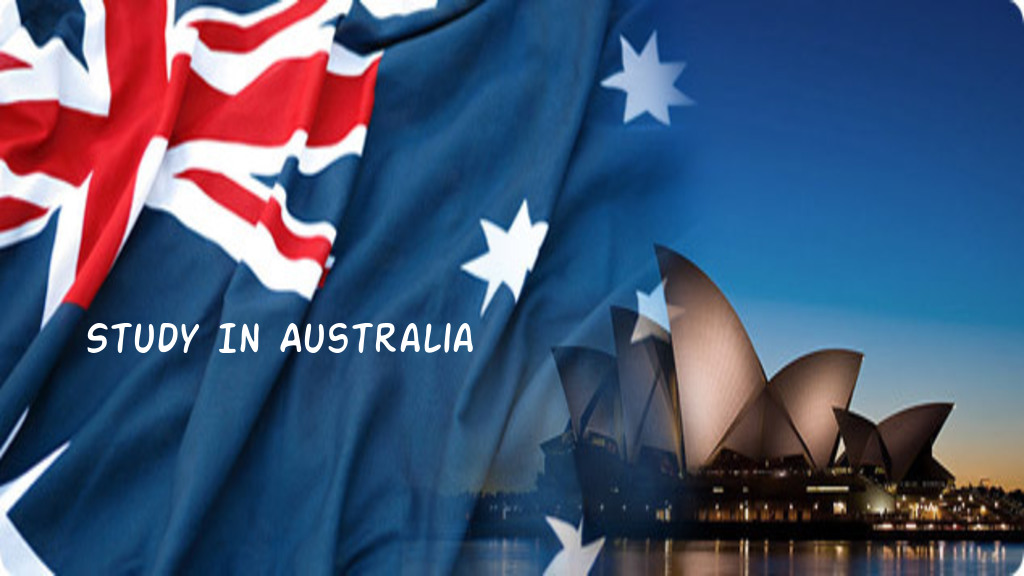The United Kingdom of Great Britain and Northern Ireland (which is usually shortened to just the UK or United Kingdom) is a political union made of up of four countries, England, Scotland, Wales and Northern Ireland. England, Scotland and Wales share the island of Great Britain. The fourth country, Northern Ireland, is a portion of another island, which is split between Northern Ireland and the Republic of Ireland, an independent country, in the south. The UK also has overseas territories such as Bermuda and Gibraltar. The UK is a major political and economic force, with membership in the G8 and an economy that is the fifth largest in the world and second largest in Europe. Its capital is London.
Why Study in UK?
UK qualifications are recognized and respected throughout the world. Your UK qualification will be a solid foundation for building your future, boosting your career and prospects for a higher salary. UK universities, colleges and schools will provide a vibrant, creative and challenging environment in which to develop your potential. At a UK university you'll be mixing with people from all over the world, whose different backgrounds and new perspectives will add to your experience.
Top Five Programs :
· Business
· Engineering
· Hotel Management
· Health Care Sciences
· Arts
Education System in UK :
Undergraduate degrees take three years to complete in England, Wales and Northern Ireland, while at Scottish universities they last four years. At the graduate level, a master's degree is normally earned in a single year, a research master's degree takes two years and a doctoral degree is often completed in three years. . The Quality Assurance Agency for Higher Education publishes a code of practice, information on benchmark standards, and qualification frameworks that give details of the quality and standards publicly funded institutions are expected to maintain.
Admission :
Most degree programs in the UK will require that the student have passed either A-levels and attained certain grades. So within a university different courses will have different requirements and universities as a whole may have certain requirements that all students will have to meet. MBA admission requires work experience of at least 2-3 years at the managerial level, in all decent UK universities. And, unlike in the US, PhD applicants need a Master's degree. Otherwise, applicants could register for an M.Phil. Degree and transfer to PhD program if the progress is good.
Major Intakes :
· January
· September
Required Tests In United Kingdom :
For English Language proficiency IELTS or TOEFL are required before the university confirms admission. The IELTS is organized by the British Council and results take 2-3 weeks.
The minimum scores usually required are 6.0 to 7.0 for IELTS and 213 to 250 (CBT) for TOEFL.
For MBA programs in good universities, a good GMAT score is required, in addition to IELTS or TOEFL scores and work experience of 2-3 years, in addition to decent academic performance at the Bachelor's level.
Cost of Education :
For international students, universities set their own fees and they vary by subject and by institution. The average costs of tuition in various fields are:
Under Graduation (3-4yrs) £4,500 to £8,500 per year(at some top universities it can cost up to £25000 per year)
Post Graduation £5,500 to £11,000 per year(at some top universities it can cost up to £52000 per year)
Scholarships £1000-£20000.
Accommodation & Living Expense :
Residence Halls are large buildings, sometime divided into flats where you will have either a single room or share with another student. The room itself may be basic, and if it does not have an en-suite bathroom, communal ones will be provided. Generally the hall will provide basic furniture such as a bed, desk and chair. To move into a flat or house, tenancy agreement needs to be signed, which is a legal document outlining the terms of the tenancy. Average living costs (covering accommodation, food, clothing, books, entertainment and travel) for an international student on a degree course are £768 per month in London and £600 per month elsewhere, depending upon your lifestyle and the city of residence.
Work Prospects In United Kingdom :
International students in the UK can now work up to twenty hours a week when studying and full time during vacations.
After completion of education, students are allowed to stay back for up to two years.
Permanent Residency :
It is for someone who wants to settle in the UK as the husband, wife, civil partner, fiancé, fiancée, proposed civil partner, or unmarried partner or same-sex partner of someone who is coming to the UK or is already 'present and settled'.






